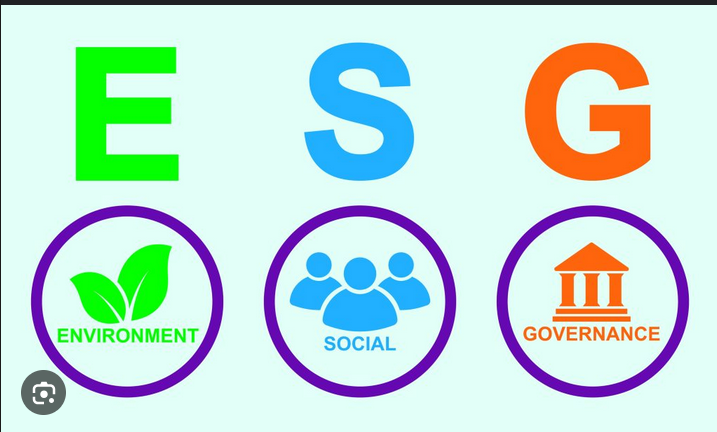Nigerian brands are redefining their approach to the market as they shift focus from traditional advertising to a purpose-driven strategy that prioritizes environmental, social, and governance (ESG) principles.
This paradigm shift reflects a deeper understanding of consumer behavior, where brand loyalty increasingly ties to values and a company’s positive impact on society.
This commitment to doing good no longer stands as a trend but serves as a foundational element of modern marketing.
Consequently, key marketing leaders discussed the growing importance of integrated marketing and how ESG is becoming a central pillar.
Sustainability as a Strategic Imperative
Omotola Bamigbaiye-Elatuyi, Chair of the Brand Advisory Board at Meristem Nigeria, highlighted that today’s consumers make decisions driven by emotions.
She emphasised that brands with strong sustainability plans and a clear focus on giving back to society are building what she calls “brand love.”
She explained, “If I’m buying something from you and I know that for every time that I buy, there’s a greater good or a greater advantage that the whole community can benefit from, then I feel that I’m also contributing my little quota into the development of or sustainability of my environment.”
This sentiment underscores a broader trend as consumers seek to be part of positive change.
Therefore, brands that align business practices with social good not only win customer loyalty but also create a sense of shared purpose.
Ethical Marketing and ESG
Adding to the discussion, Olusesan Ogunyooye, Head of Marketing at AXA Mansard, connected the rise of technology and artificial intelligence to the growing need for ethical marketing.
He noted that despite technological advancements, the fundamental goal of marketing to persuade and connect with people remains unchanged.
He stated, “The conversation is the marketing of the future because the human that we are selling to, are human in themselves and want to be seen as doing good.”
Ogunyooye stressed that ESG considerations, including data privacy, data protection, and ethical pricing, will increasingly face regulation and grow in importance for marketers.
Brands Leading the Way
This focus on ESG already appears in the strategies of several leading brands. Companies such as First Bank, Golden Penny Nigeria, and agencies like GDM integrate these principles into their campaigns, moving beyond simple product promotion to showcase their positive impact.
For instance, a brand may launch a campaign that not only promotes a new product but also highlights a clean energy initiative or a community development project it supports.
From Green-Washing to Genuine Action
Over the years, this trend has proven not to be a fleeting fad but a fundamental shift in corporate responsibility and consumer expectations.
Brands that genuinely embed ESG into their core values, rather than using it merely as a marketing tool, will build the most enduring relationships with their audiences.
It is about moving from “green-washing” to genuine, transparent action.
The Future of Marketing
Future marketing strategies must not only communicate a brand’s purpose but also provide tangible evidence of its commitment to a better, more sustainable world.
This requires embracing a model where profit and purpose remain inextricably linked.
The message is clear: the future of marketing revolves around authenticity, resilience, and a steadfast commitment to sustainability.
As these values take center stage, brands that champion them will not only thrive but also inspire a new generation of conscious consumers.
ALSO WATCH MARKETING EDGE ONTV






Comment
No comments found.